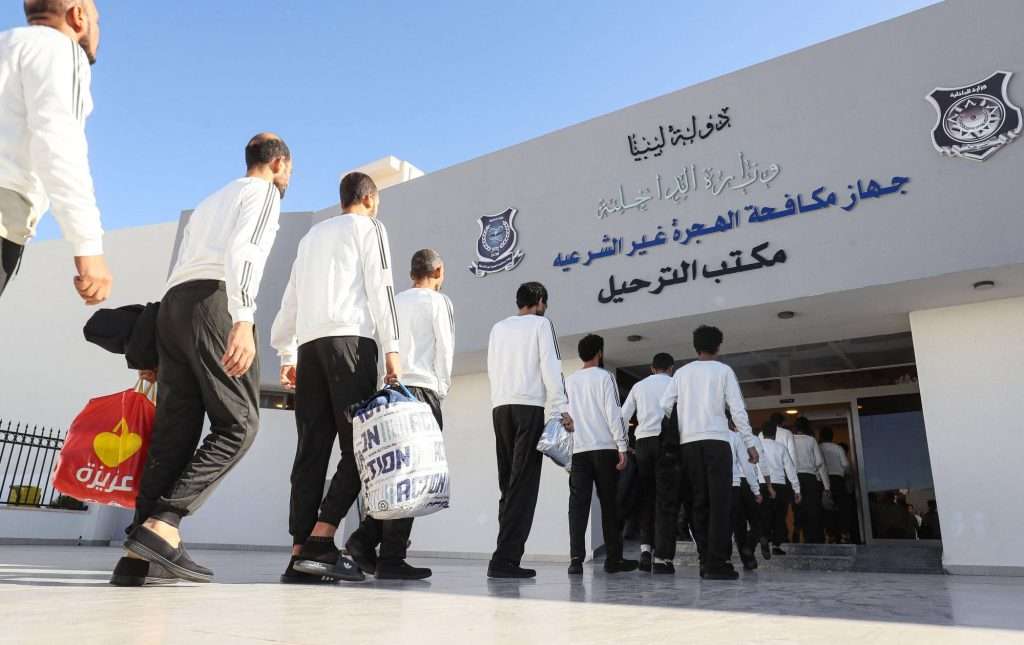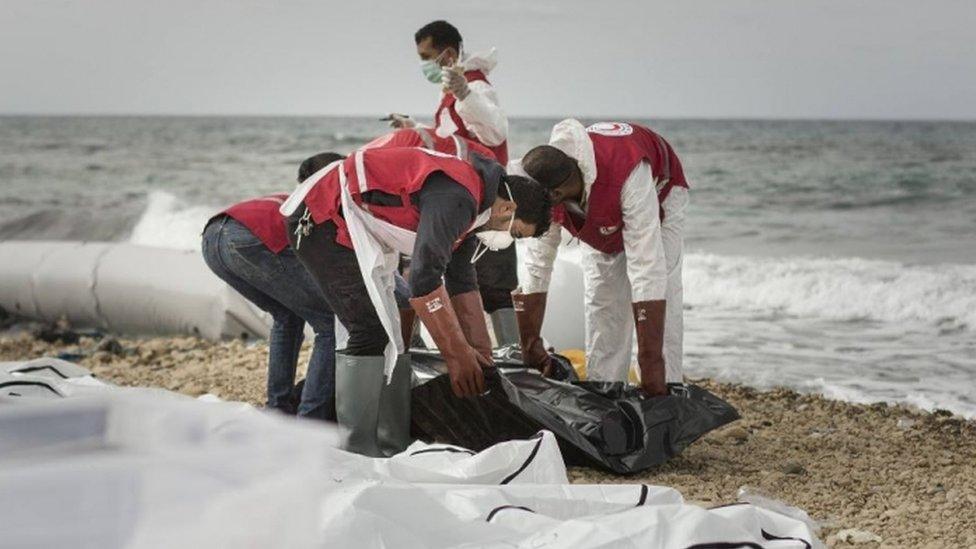Libya deports Egyptian migrants

Libyan authorities deported 350 irregular Egyptian migrants on January 31st, according to AFP.
The country’s Mediterranean coast has become a key departure point for people, mainly from other African countries, making the hazardous crossing to Europe.
READ: Almost 100 migrant deaths and disappearances in January 2024
In 2023, Libya’s rival administrations agreed on the establishment of a Tripoli-based anti-immigration body, to coordinate deportations of foreigners who come to the country illegally.
The organization’s spokesman, Colonel Haytham Belgassem Ammar, stated: “The body to combat illegal immigration has started the process of deporting 350 Egyptian nationals who were in an irregular situation.” According to the Colonel, more expulsions are to be expected.
Ammar claimed that Libya sent a total of 23,361 migrants back to their homelands in 2023, mostly to Nigeria, as-well-as over 1,200 Egyptian migrants in November and December alone.
READ: 1,000 migrants deported from Libya
“I was going to cross to Lampedusa in Italy when I was apprehended,” 16-year-old Ziyad Salama Abdellatif told AFP, adding that he had spent nine hours at sea before being intercepted some 120 kilometres off the Libyan coast.
Bakri Mohamad Sobhi said he had was detained for three months before deportation, having entered the country illegally in August of 2023. He was arrested at a police checkpoint near Ras Lanuf, a coastal town near one of Libya’s key oil terminals.
On January 31st, the UN’s International Organization for Immigration (IOM) told AFP that it had arranged the “voluntary humanitarian return” of a further 327 migrants from Libya, via chartered flight to Nigeria. More than two-thirds of the deportees were women, including 21 with medical conditions.
The UN agency arranges and finances travel for migrants wishing to return to their countries of origin from Libya. It claims to have assisted the return of 77,000 people to 48 countries since the scheme began, in 2015.
Libya has seen more than a decade of violence and instability since the NATO-backed overthrow and killing of dictator, Muammar Gaddafi, in 2011. The country has since become an ideal base for human traffickers, who have long been accused of abuses against migrants.
While many illegal migrants pass through Libya in the hope of reaching Europe, thousands of others live in the country, working mainly in agriculture, construction, and commerce.
AFP
Want to chase the pulse of North Africa?
Subscribe to receive our FREE weekly PDF magazine














